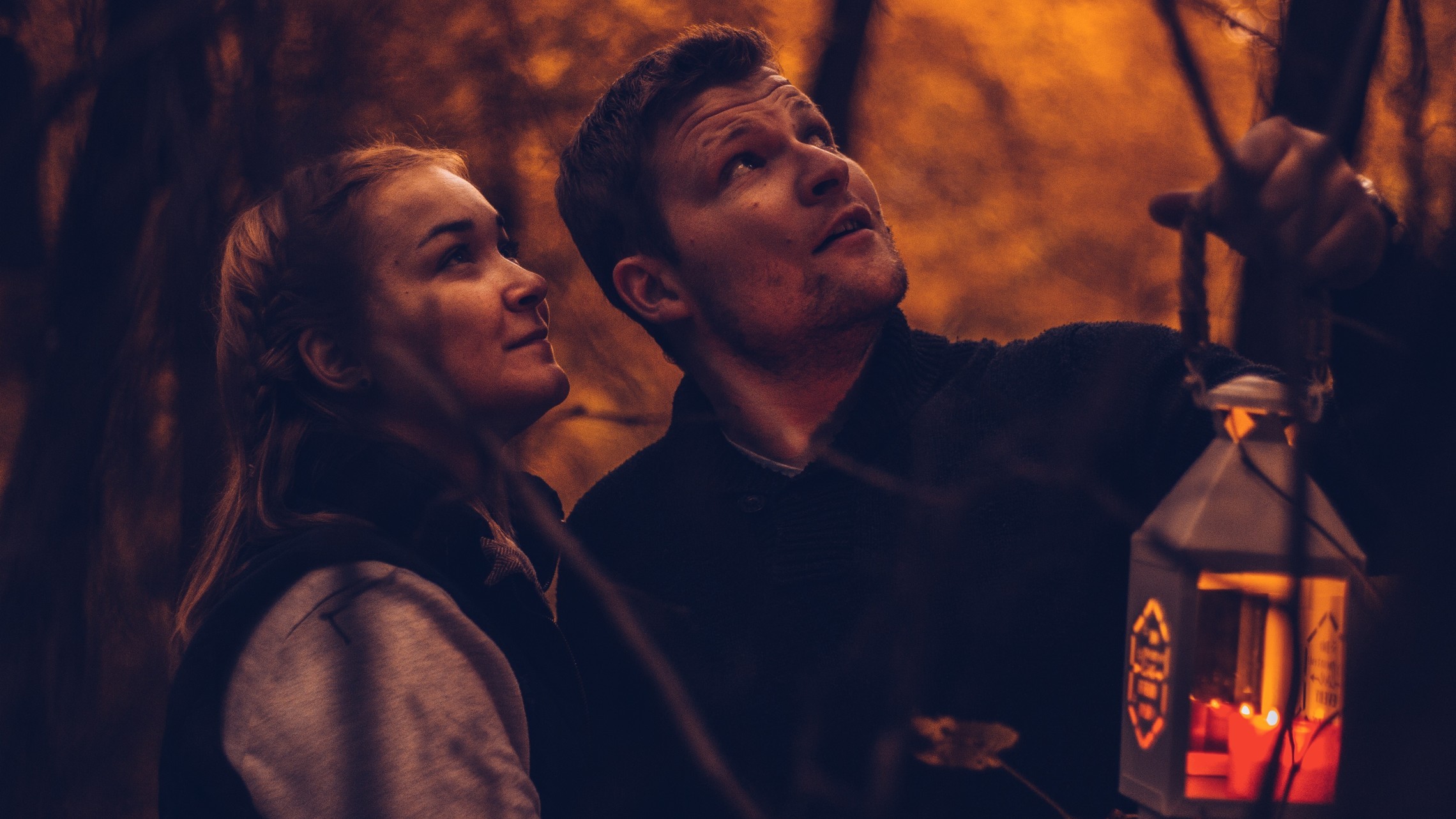
Starting late in 2021, I’ve been attending an ACA meeting. ACA is a 12-Step group which stands for Adult Children of Alcoholics and Dysfunctional Families. While neither of my parents are alcoholics, three of my grandparents had a problematic relationship with alcohol. Through no fault of their own, my parents learned several unhealthy behaviors as a result of their dysfunctional upbringing. Being raised by children of alcoholics, learned many unhealthy ways of relating to myself and others as well.
Through participating in the group, I’ve come to find out that I’ve been in more need of healing then I realized and this program and the people in my group are a significant part of my healing journey. I’ve also learned that people in recovery are among the most honest and genuine people you could hope to meet. While I’ve learned that 12-Step work doesn’t need to be limited to those who are in recovery. I believe that anyone can benefit from participating in recovery work.
The following are Tony A.’s 12 Steps which he adapted from the ACA 12 Steps.
1. We admitted we were powerless over the effects of living with alcoholism and that our
lives had become unmanageable.
2. We came to believe that a power greater than ourselves could bring us clarity.
3. We made a decision to practice self-love and to trust in a Higher Power of our
understanding.
4. We made a searching and blameless inventory of our parents because, in essence, we
had become them.
5. We admitted to our Higher Power, to ourselves and to another human being the exact
nature of our childhood abandonment.
6. We were entirely ready to begin the healing process with the aid of our Higher Power.
7. We humbly asked our Higher Power to help us with our healing process.
8. We became willing to open ourselves to receive the unconditional love of our Higher
Power.
9. We became willing to accept our own unconditional love by understanding that our
Higher Power loves us unconditionally.
10. We continued to take personal inventory and to love and approve of ourselves.
11. We sought through prayer and meditation to improve our conscious contact with our
Higher Power, praying only for knowledge of its will for us and the power to carry it
out.
12. We have had a spiritual awakening as a result of taking these steps, and we continue to
love ourselves and to practice these principles in all our affairs.
The first three steps acknowledge that our life or parts of our life have become unmanageable and that the remedy to this is entrusting ourselves to God and loving ourselves. When we’re in a good place with God and ourselves we then can focus having healthier relationships with others. I’ve found that the more connected I am within myself and with God, the more I’m able to fully enter in to relationship with others.
The next several steps are about honesty, ownership, openness, vulnerability, repair, and making amends in our relationships. Participating in group work has helped me become so much more self-aware and better recognize the ways in which I act out of woundedness. The more aware I am of my unhealthy behaviors and the where they come from, the better equipped I am to be able heal from them and provide a kinder and safer environment for those I love.
We are hardwired and created for community, connection, and relationships. They idea of being honest and vulnerable with a group of people can be a terrifying prospect, especially when we’ve been hurt in our close relationships. However, vulnerability is the remedy to shame. Our hearts cry out to be known and loved. All of us need a place to share our stories and learn how to hold others’ stories. These groups provide such a place. When we feel known and loved, we know in our bones that we’re not alone. Participating in a supportive group, 12-Step or otherwise, also provides us with a safe environment to learn accountability. I can recall a moment that really activated my shame. When I experience shame all I want to do is isolate and distract myself from the pain. Instead of isolating, even though I wanted to, I checked this in with my group. I received the connection that I needed to remain present in the moment and no longer felt the need to isolate myself.
Because of the healing and emotional growth I’ve experienced and witnessed in my clients who attend 12-Step meetings, I’m convinced that all of us could benefit from investing in this kind of work.
Peace,
Chris Ellman, MSW, LCSW, SATP, CSAT






